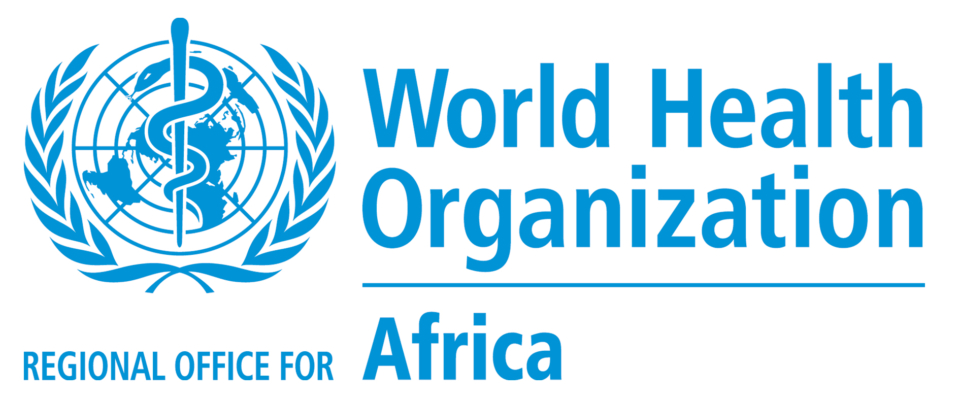
Audio By Carbonatix
Dr. Kafui Senya, the Technical Lead for Hepatitis at the World Health Organization (WHO) country office, has stated that Ghana is currently off track in the fight against viral hepatitis.
He expressed concern that the country would not meet the 2030 elimination target, which was rapidly approaching.
Hepatitis B is a viral infection that impacts the liver, is transmitted through blood or bodily fluids, and can lead to liver inflammation.
Common symptoms of the infection include fever, fatigue, loss of appetite, dark urine, clay-colored bowel movements, nausea (vomiting), and abdominal pain.
In an interview with the Ghana News Agency (GNA), Dr. Kafui Senya emphasized that for Ghana to eliminate viral hepatitis by 2030, certain key targets must be met.
He explained that at least 90 per cent of people with viral hepatitis must be tested and aware of their condition.
Additionally, 65 per cent of those diagnosed should be treated. For hepatitis C, treatment is available, and patients could be cured.
While hepatitis B is not curable, Dr. Senya pointed out that antiviral medications could suppress the virus and help prevent the development of liver cancer.
He also stressed the importance of vaccinating every newborn in Ghana against hepatitis B, which would significantly reduce the risk of infection.
Unfortunately, Dr. Senya noted that Ghana currently lacked a policy to provide this vaccine to newborns.
“Currently, Ghana is not providing that vaccine. If every baby born receives the vaccine, they are unlikely to get infected with hepatitis B. Over time, we would have no new cases of hepatitis B infection among children.”
Dr Senya expressed concern that, without the implementation of key strategies such as childhood vaccination, Ghana is unlikely to meet its 2030 elimination target for viral hepatitis.
He noted that childhood vaccination, along with other efforts, would play a crucial role in achieving the hepatitis elimination target.
However, he expressed concern that none of the key indicators had been implemented, which justified the belief that Ghana would not meet the 2030 elimination target for hepatitis.
As an expert in both hepatitis and infectious diseases, Dr. Senya explained that if a child is infected with hepatitis B, they are at a high risk of developing liver cancer later in life, typically in their 20s or 30s.
This underlined the importance of early prevention through vaccination to protect future generations.
“So, we realise that a lot of the people that die from liver cancer, were in the prime of their life, very productive and contributing to the economy, having finished University, started working and had a family with one or two children,” he added.
Mr. Theobald Owusu-Ansah, President of the Hepatitis Foundation of Ghana, expressed concern that, despite the significant impact of hepatitis B in the country, most attention and discussions were focused on hepatitis C.
He pointed out that Ghana’s approach had been reactive, waiting for people to contract the disease before providing treatment, which he noted was often “very expensive.”
“Why not vaccinate people to prevent them from getting the disease in the first place? Other countries have done it, and Ghana can do it too,” he stressed.
Mr Owusu-Ansah also highlighted the critical issue of funding, stating that Ghana does not have a dedicated budget for combating hepatitis B, unlike the HIV program, which received significant financial support.
This lack of funding, he said, remained a major challenge in the country’s efforts to address hepatitis B.
Mr Owusu-Ansah emphasized that Ghana had made limited progress in the fight against hepatitis B.
He suggested that the way forward should include starting with the administration of a birth dose to prevent mother-to-child transmission, as well as identifying individuals already living with the disease and connecting them to care with access to quality and affordable treatment.
Mr Owusu-Ansah called on the government to take swift action to combat hepatitis B and meet the 2030 elimination target.
He urged for greater investment in the fight against viral hepatitis and recommended that treatment for hepatitis B be included under the National Health Insurance Scheme (NHIS) to make care more accessible to all.
Mr. Owusu-Ansah also pointed out that, currently, treatment costs are paid out-of-pocket, which discouraged many patients from seeking diagnosis and care.
He said this financial barrier was one of the key reasons why there had been insufficient focus on addressing the disease.
Latest Stories
-
Ghana is rising again – Mahama declares
5 hours -
Firefighters subdue blaze at Accra’s Tudu, officials warn of busy fire season ahead
5 hours -
New Year’s Luv FM Family Party in the park ends in grand style at Rattray park
5 hours -
Mahama targets digital schools, universal healthcare, and food self-sufficiency in 2026
5 hours -
Ghana’s global image boosted by our world-acclaimed reset agenda – Mahama
6 hours -
Full text: Mahama’s New Year message to the nation
6 hours -
The foundation is laid; now we accelerate and expand in 2026 – Mahama
6 hours -
There is no NPP, CPP nor NDC Ghana, only one Ghana – Mahama
6 hours -
Eduwatch praises education financing gains but warns delays, teacher gaps could derail reforms
6 hours -
Kusaal Wikimedians take local language online in 14-day digital campaign
7 hours -
Stop interfering in each other’s roles – Bole-Bamboi MP appeals to traditional rulers for peace
7 hours -
Playback: President Mahama addresses the nation in New Year message
8 hours -
Industrial and Commercial Workers’ Union call for strong work ethics, economic participation in 2026 new year message
10 hours -
Crossover Joy: Churches in Ghana welcome 2026 with fire and faith
10 hours -
Traffic chaos on Accra–Kumasi Highway leaves hundreds stranded as diversions gridlock
10 hours

